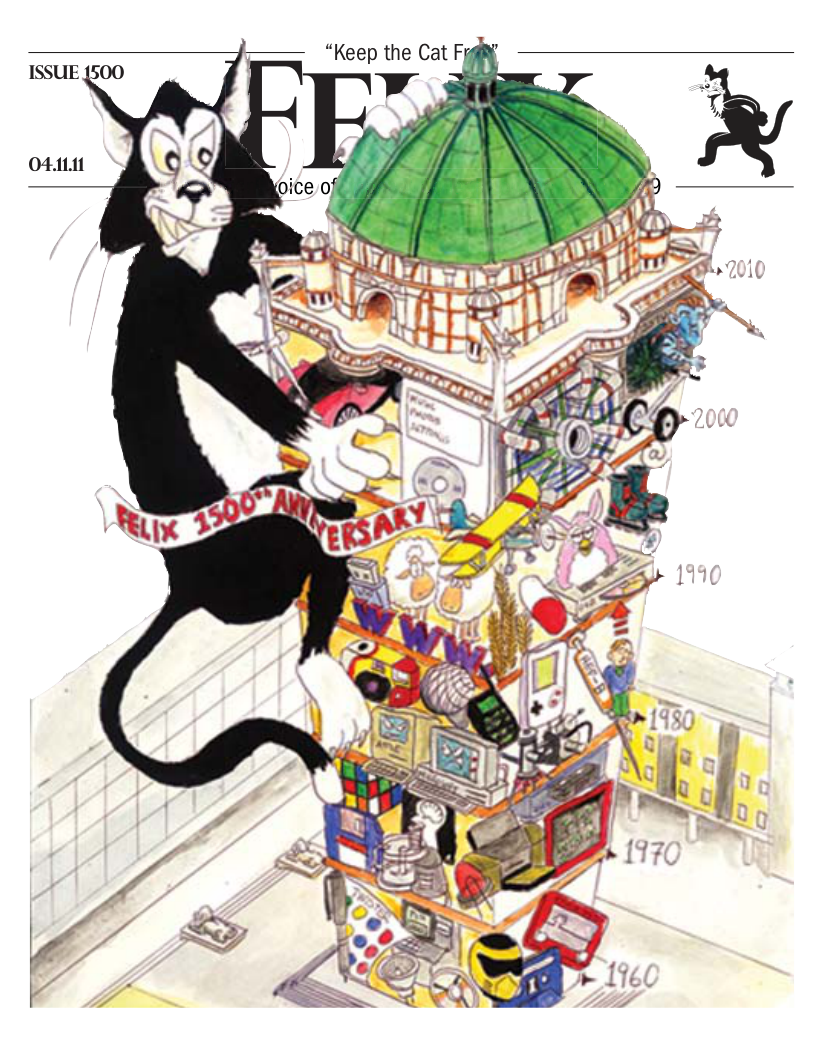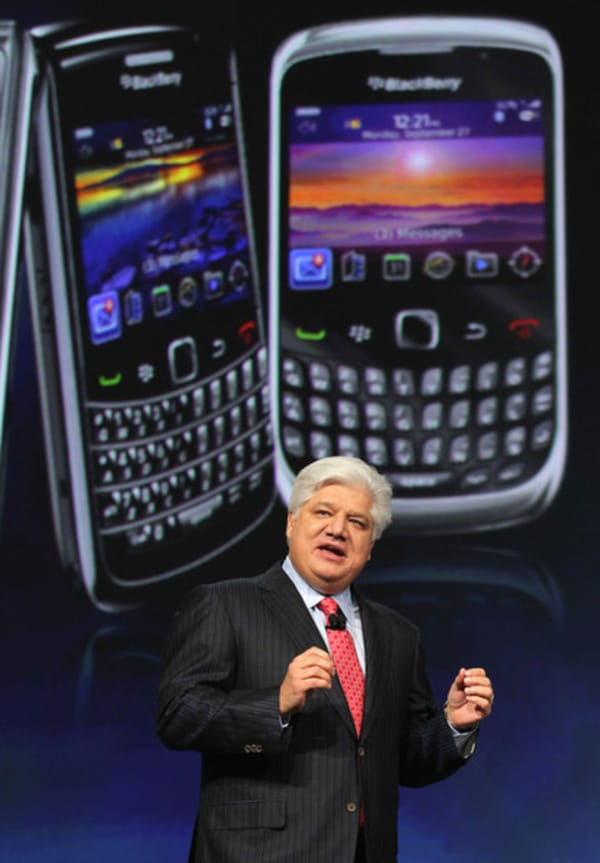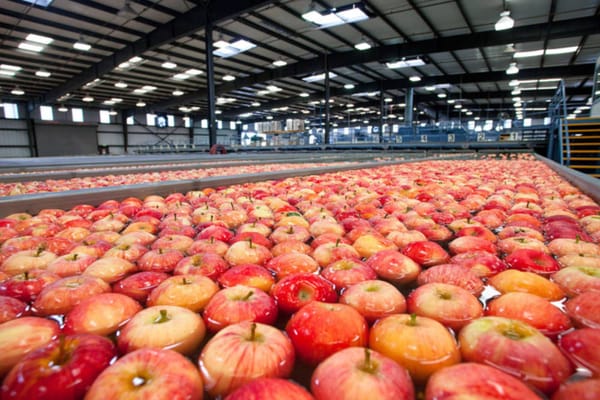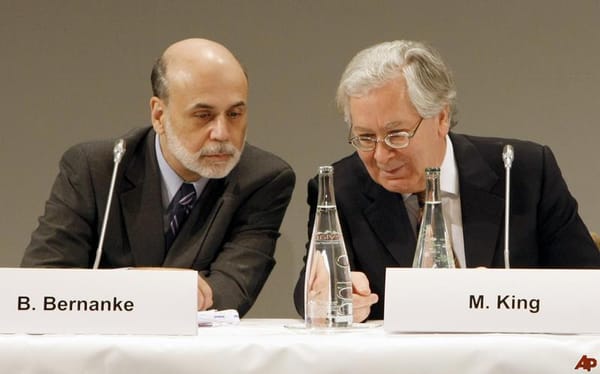Comrades, unite!
“The machinery of capitalism is oiled with the blood of the workers,” argues Dimitri Raphaelovich
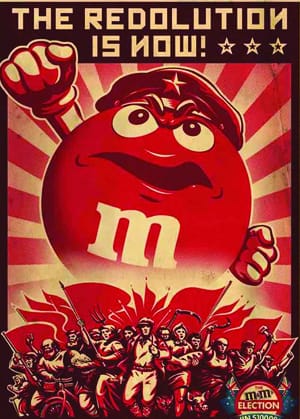
DISCLAIMER: These opinions are ficticious and form part of a celebration of Felix's 1500th issue. Any resemblance to real opinions, living or dead, is purely coincidental.
When German foreign minister Guido Westerwelle accused recipients of welfare of living in ‘late roman decadence’ and expecting to gain ‘effortless prosperity’ in February, it caused quite a stir in the German media.
Westerwelle, then head of the German Free Democrat Party (FDP), faced criticism from politicians all across the political spectrum. The popularity of the man who had won his party a record breaking 15% of votes in the previous general election went into a rapid decline. Ultimately, Westerwelle’s attack on the German welfare state cost him the leadership of his party when he was replaced by Philipp Roesler in May.
Traditionally, the FDP has always been the strongest proponent of the free market in the German political spectrum and Westerwelle, an experienced opposition leader of his party, has always enjoyed provoking his political opponents with controversial statements. With the popularity of his party constantly falling ever since it formed a coalition government with Angela Merkel’s CDU, Westerwelle’s comments could just be dismissed as a desperate attempt to regain popularity with his (mainly upper-class) voters.
However, while Westerwelle is one of the few politicians in Europe to express his opinions on state-sponsored welfare programs in such a radical manner, he is not alone with his ideas. Hidden behind his statements is the belief, shared by many radical free market proponents, that ultimately, poor people deserve to be poor.
The intellectual foundation of the free market ideology can be derived from an economic principle called the ‘efficient-market hypothesis’. Named the ‘Chicago school of thought’ after the University of its origin in the 1960’s it asserts that stocks are always priced right and that markets behave fundamentally rational.
Traditionally, the efficient-market hypothesis exists in a number of different strengths, with proponents of the strongest formulation believing that any government intervention is fundamentally harmful to the economy and that the free, unregulated market is perfect in creating wealth.
In this strong formulation, everything from stock prizes to the worth of labor is priced perfectly and neither recessions nor unemployment exist. If you are unemployed, then, according to radical free market proponents, it is because you choose to be unemployed. Since the economy is a perfect interplay between supply and demand, you being poor means that you are less willing and less able than someone earning more money than you. Therefore, you deserve to earn less.
From this ideological point of view, Westerwelle’s attack on the German welfare state only seems rational. Why should the majority of the country provide for a minority that is seemingly less willing to work than the majority? In a free market society, where everyone has the same opportunities of becoming rich, why should those who made use of their opportunities pay for those who did not? To see the flaws in this line of thought, one has to look at a few statistics. In general, income is correlated to the level of education a person has. In the UK, 20% of people from the poorest backgrounds go to university, compared to 57% from the richest. However, at Oxford, 89% of students are from an upper or middle class background. For people like David Cameron, an Oxbridge education is a birthright.
In Germany in 2009, the chances of you going to university were 73% if your parents had a university degree themselves and 23% if they were from the working class. Furthermore, only 0.5% of leading positions in major German companies are held by people coming from a working class background. Even working class children beating the odds stacked against them to be awarded a PhD earn significantly less on average than equally qualified people from richer backgrounds.
The evidence suggests then, that in a modern capitalist society, the class system is still very much in existence. It also suggests that the notion that the amount of money people earn is correlated to their abilities and their willingness to work hard is fundamentally flawed. On average, a person in Germany with earnings in the highest income tax class is rich because he or she was born into the right social class. In this light, the self-righteousness with which some free market proponents promote their ideology of a perfect market seems somewhat ill-placed.
It seems to be the case that, contrary to the premise of proponents of the free market, hard work and determination are not likely to be rewarded in a capitalist system if you come from a poor background. Thus, government intervention is needed to reduce social injustice and change the odds of succeeding in life for children from poorer backgrounds.
Admittedly, the welfare state brings its own number of problems into the equation. There is a legitimate debate about how much benefits can be given to the unemployed without taking away the incentive to work. However, the next time people like Westerwelle launch an attack on the welfare state, one can but hope they pause for a second and ask themselves how much of their current social standing is due to their own achievements and how much is due to them being lucky enough to be born into the right family.

